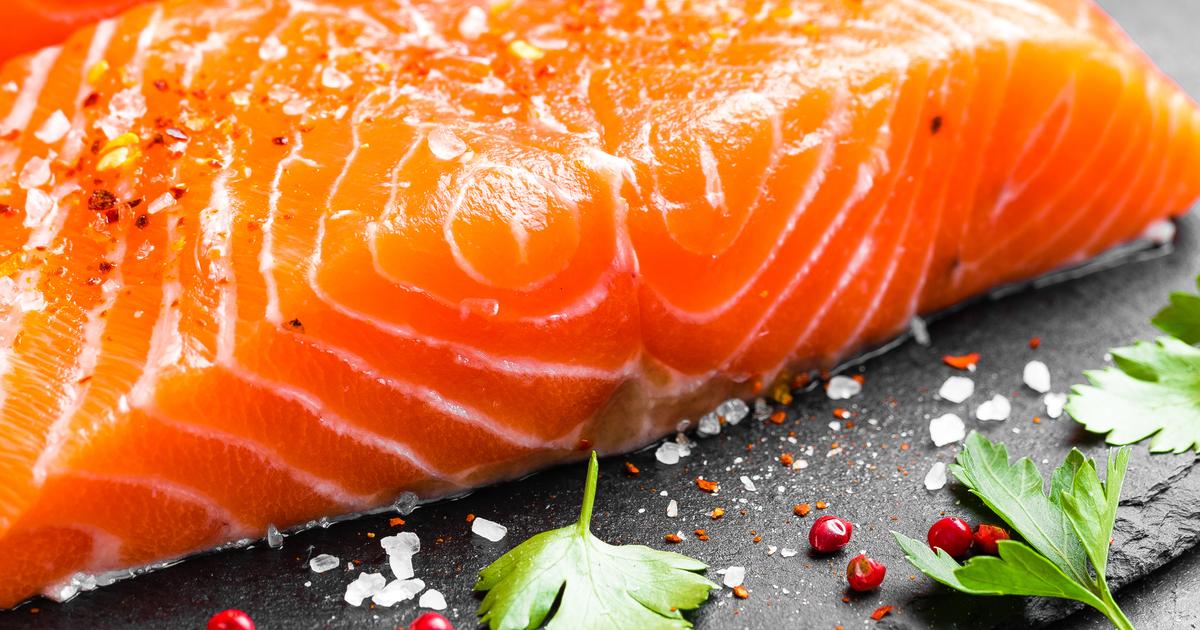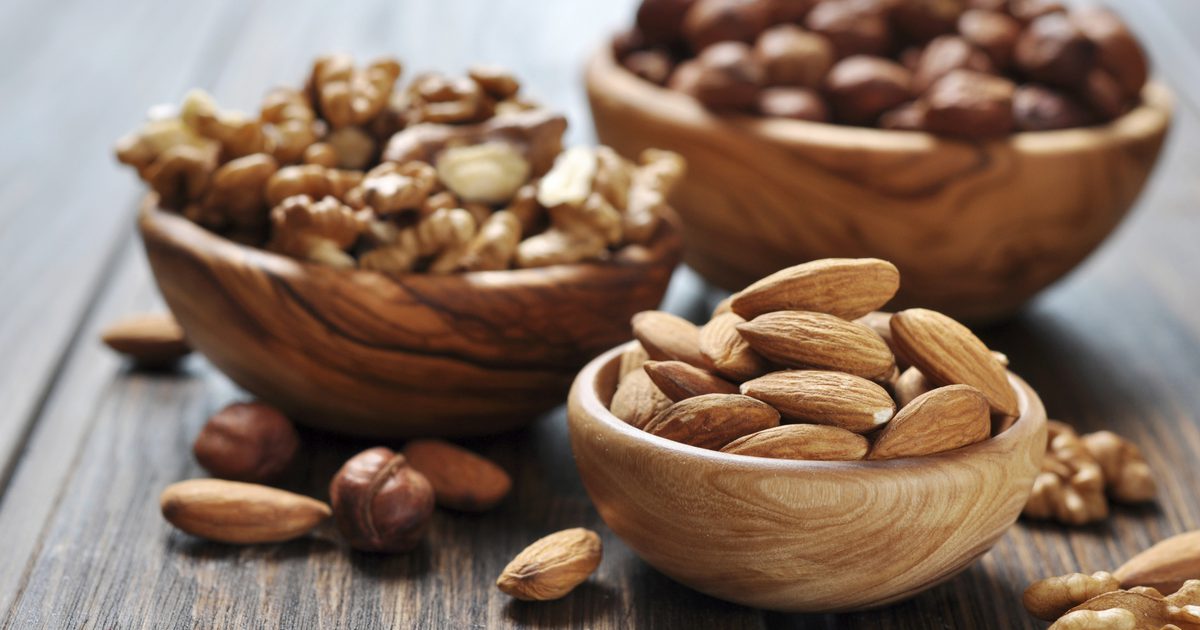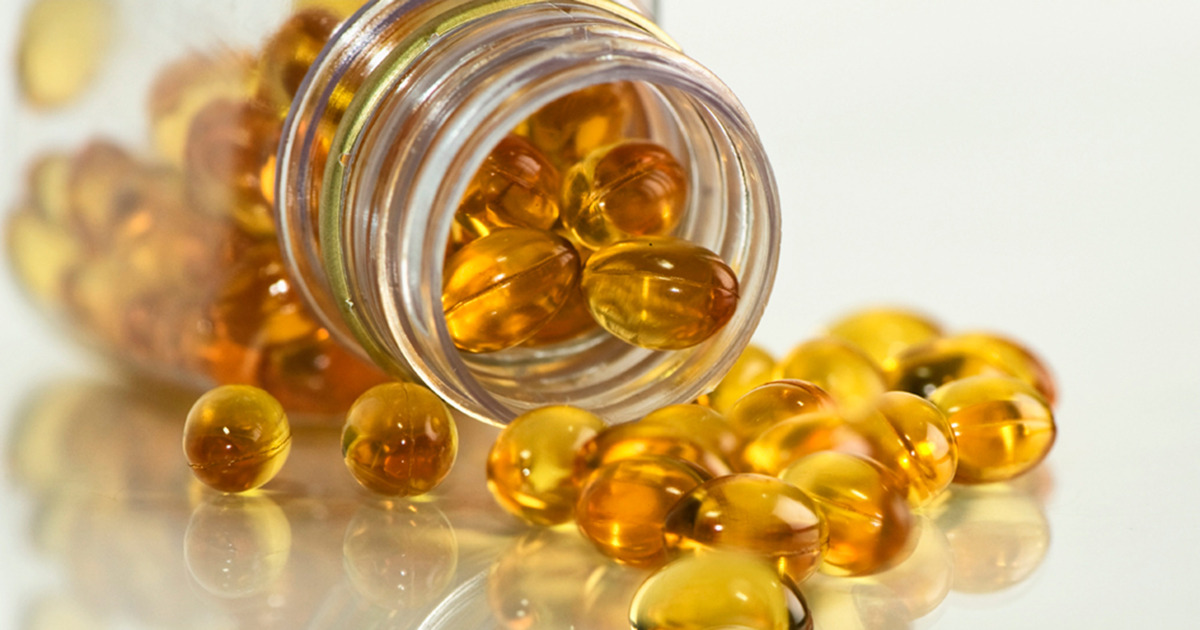How To Lower Triglycerides
Triglycerides are fat particles in the bloodstream created by the consumption of excess sugar, also known as refined carbohydrates, and then stored in fat cells or the liver to be converted into energy. If muscles are not used after eating these extra calories, triglycerides will continue to build up in the fat cells or the liver. Although the body needs triglycerides for energy, an overabundance of them can lead to obesity, heart disease, or stroke. Around twenty-five percent of American adults have high blood triglyceride levels. This is classified as being above two hundred milligrams.The most common causes of elevated triglycerides include genetics, obesity, insulin resistance, type 2 diabetes, high carbohydrate and high fat diets, excessive alcohol consumption, a sedentary lifestyle, hypothyroidism, renal disease, and certain medications. There are, however, some simple and proven ways to help lower triglycerides.
Follow A Low Carbohydrate Diet

The same as added sugar, high amounts of carbohydrates in an individual's diet are also turned into triglycerides and used as fat for energy. A study conducted in 2006 was done to look at how varying levels of carbohydrate consumption can increase or decrease triglycerides. The study found if individuals follow a low carbohydrate diet with about twenty-six percent of calories from carbs, showed lower triglycerides as compared to the group who had a higher carbohydrate intake with up to fifty-four percent of calories from carbs.
A second study focused on the long term effects of both low and high carbohydrate diets across one year. The individuals who ate low carbohydrate diets experienced greater weight loss and lower triglycerides. Another 2003 study was done to compare low fat versus high carbohydrate diets. After six months, the conclusion of the study was the low carbohydrate group showed a triglyceride decrease of thirty-eight mg/dL (0.43 mmol/L), while the low-fat group only had a seven mg/dL (0.08 mmol/L) decrease of triglycerides.
Keep reading to learn more about how to lower triglycerides now.
Reduce Intake Of Sugar

Added, processed sugar, which is found within most packaged foods and drinks these days, like carbohydrates, is also converted into triglycerides. A study conducted fifteen years ago found individuals who reduced their sugar intake, with twenty-five percent or more of their caloric diet being from sugar, were twice as likely to die from heart disease than individuals who get less than ten percent of their daily calories from sugar. Naturally, other studies show children who consume added sugar have higher triglycerides. However, this is reversible, as more than one study has shown lowering carbohydrate and sugar intakes results in a triglyceride decrease.
Uncover the next method of lowering triglycerides now.
Increase Fiber Intake

Fiber is a necessary nutrient, as it helps lower the absorption of sugar and fat in the small intestine, which, in turn, serves to decrease triglycerides. Researchers have found eating rice bran fiber as a supplemental fiber source lowered triglycerides in diabetes patients by seven to eight percent. A separate study tried to understand to what extent high and low fiber diets affected triglyceride levels. It concluded the low fiber diets resulted in a forty-five percent increase in triglycerides within six days. When switched to a high fiber diet, triglycerides dropped back down to healthy levels. Foods high in fiber include fruits, vegetables, whole grains, nuts, cereals, and legumes.
Learn more about ways to effectively lower triglycerides now.
Avoid Trans Fats, But Increase Unsaturated Fats

Trans fats describe a type of artificial fat added to foods to extend their shelf life. This human-made fat is typically found in fried and baked goods made with hydrogenated oils. In addition to their being an inflammatory, which causes multiple health issues, such as increases of low-density lipoprotein cholesterol and an increased risk of heart disease, trans fats are also known to increase triglycerides. Two separate studies found the participants who followed a diet that was moderate to high in trans fats showed higher triglycerides, whilst when on a diet full of unsaturated oleic acids, the participants showed significantly lower triglycerides. The easiest way to avoid trans fats but increase unsaturated fats is to reduce intake of highly processed, baked, and fried foods.
Learn more about how to lower triglycerides now.
Exercise On A Regular Basis

Aside from the many health benefits of exercising on a regular basis, aerobic exercise, in particular, helps to create high-density lipoprotein (good) cholesterol. In turn, high-density lipoprotein cholesterol helps lower triglycerides. Studies also have shown when weight loss is achieved due to regular exercise, triglycerides tend to decrease in even larger amounts. One study took a look at how jogging for two hours every week over four months altered triglycerides. After four months, the joggers experience significantly lower triglycerides. Walking, jogging, bicycling, swimming, and various forms of yoga are all aerobic exercises.
Read more about the best ways to lower triglycerides now.
Eat Fatty Fish Twice A Week

Researchers have found individuals can lower their triglycerides quite well if they eat fatty fish twice a week. Fatty fish can benefit an individual's overall cardiovascular health because of the omega-3 fatty acids. These acids are an essential part of an individual's diet. The American Heart Association and the Dietary Guidelines for Americans both recommend two fatty fish servings each week. One study found doing this may decrease an individual's risk of heart disease-related death by as much as thirty-six percent. In 2016, a study was done that indicated two servings of salmon per week had a significant decreasing effect on the levels of triglycerides in the blood. In addition to salmon, fish high in fatty acids include tuna, mackerel, sardines, and herring.
Learn more about how to lower triglycerides effectively now.
Lose Excess Weight

It's possible losing excess weight will lower an individual's overall triglyceride levels. When the body consumes more calories than necessary, the excess calories are converted into triglycerides, which are then stored in fat cells. By burning excess fat, individuals release the triglycerides and lower their risk of cardiovascular disease. In addition, healthy diet choices decrease an individual's chances of excess calorie consumption, which means they won't add significantly to their triglyceride levels. Some research indicates losing five to ten percent of one's body's weight leads to a decrease in triglycerides of up to forty milligrams per deciliter. Even if some of the weight is regained later, weight loss can have a long-lasting effect on an individual's overall triglyceride levels.
Get more advice on how to lower triglycerides now.
Eat Some Tree Nuts

Individuals may be able to lower their triglyceride levels if they eat some tree nuts, provided they are not allergic. These nuts provide unsaturated fats, omega-3 fatty acids, and fiber in concentrated doses. These three components are all linked to decreased triglyceride levels. When researchers compiled the results of sixty-one studies, they found every tree nut serving could decrease triglyceride levels by an average of 2.2 milligrams per deciliter. In another study with 2,226 participants, tree nut intake led to modest triglyceride decrease. One serving of nuts isn't actually very many, since nuts are calorie-dense foods. Some common tree nuts are macadamia nuts, Brazil nuts, pistachios, cashews, walnuts, pecans, and almonds. Researchers believe the health benefits are the greatest if individuals consume three to seven servings of tree nuts each week.
Keep reading to learn more about effectively lowering triglycerides now.
Take Fish Oil

Studies show individuals can decrease their blood triglycerides if they take fish oil supplements. Fish oil is available in most grocery stores and pharmacies as an over-the-counter dietary supplement. The supplements effects on cardiovascular health have been well-studied and documented. One study showed adding fish oil supplements to a regular diet could decrease triglycerides by an average of forty-eight percent. Like fatty fish, fish oil supplements have high levels of omega-3 fatty acids. There are other cardiovascular benefits besides decreased triglyceride levels as well. Fish oil increases 'good' cholesterol without increasing 'bad' cholesterol. It reduces elevated levels of blood pressure, reduces the risk of fatal arrhythmias, and might prevent the development of artery-hardening plaques.
Consider the next method of lowering triglycerides effectively now.
Turn To Medication

If lifestyle and diet changes haven't had a significant enough impact on an individual's triglyceride levels, they can turn to medication to help. There are a few different medications that can lower triglycerides, both on a quick basis and on a more long-lasting level. Fibrates and nicotinic acid can both lower triglyceride levels. If individuals take high omega-3 doses, this can have a marked impact on their triglycerides levels, but high doses should always be taken with a doctor's supervision. There are prescription-level omega-3 medications. Depending on a patient's health needs, a doctor might also prescribe a statin medication to lower a patient's overall cholesterol levels and improve cardiovascular health. Prescription-strength nicotinic acid is vitamin B3 given in high and concentrated doses. Meanwhile, fibrates lower the body's production of triglycerides and boost 'good' cholesterol.